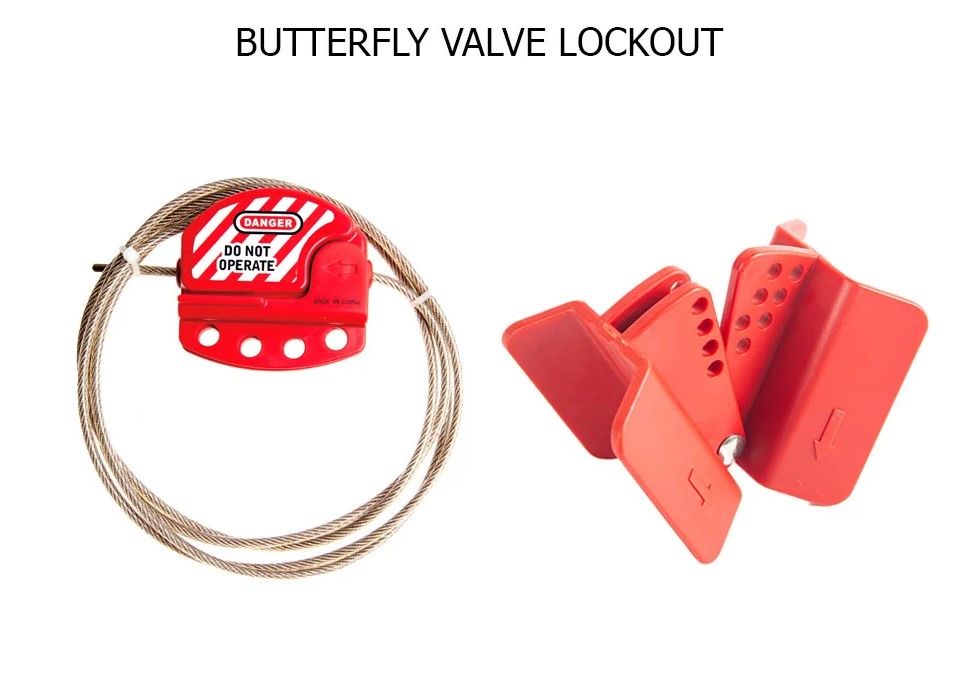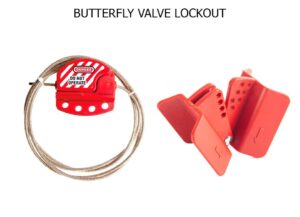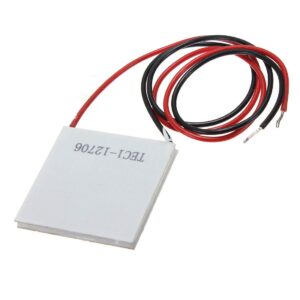
October 11, 2024
BUTTERFLY VALVE LOCKOUT +CABLE LOCKOUT

The Importance of Butterfly Valve Lockout and Cable Lockout for Safety
In industrial settings, ensuring the safety of workers is paramount. One effective way to achieve this is through proper lockout/tagout (LOTO) procedures, particularly with devices like butterfly valves and cable lockouts.
What is a Butterfly Valve Lockout?
Butterfly valves are crucial components in various systems, regulating flow and pressure. A butterfly valve lockout device is designed to secure these valves in the closed or open position during maintenance. This prevents accidental operation, protecting workers from hazardous releases of fluids or gases.
Benefits of Using Butterfly Valve Lockout:
- Enhanced Safety: Prevents accidental valve operation during maintenance or repairs.
- Compliance: Helps meet OSHA and safety regulations, reducing the risk of fines.
- Easy to Use: Most devices are straightforward to install and remove, promoting consistent safety practices.
Understanding Cable Lockout Devices
Cable lockouts are versatile tools that can secure multiple devices simultaneously, making them ideal for locking out large machinery or systems with several points of control. These devices utilize a strong, flexible cable that can be threaded through various lockout points.
Advantages of Cable Lockout:
- Versatility: Can be used on various equipment types, from valves to electrical panels.
- Multi-User Lockout: Allows multiple workers to place their locks on the cable, ensuring that only authorized personnel can access the machinery.
- Durability: Made from robust materials, they withstand harsh industrial environments.
Best Practices for Implementing Lockout Procedures
To maximize the effectiveness of butterfly valve lockouts and cable lockouts, follow these best practices:
- Training: Ensure all employees understand LOTO procedures, including the proper use of lockout devices.
- Inspection: Regularly check lockout devices for wear and tear, replacing them as necessary.
- Documentation: Keep a detailed log of lockout/tagout procedures to track compliance and identify areas for improvement.
Conclusion
Incorporating butterfly valve lockout and cable lockout devices into your safety protocols is essential for maintaining a secure work environment. By prioritizing lockout/tagout procedures, you not only protect your workforce but also enhance operational efficiency.
For more information on lockout/tagout devices and best practices, check out our other resources or contact our safety experts today!


